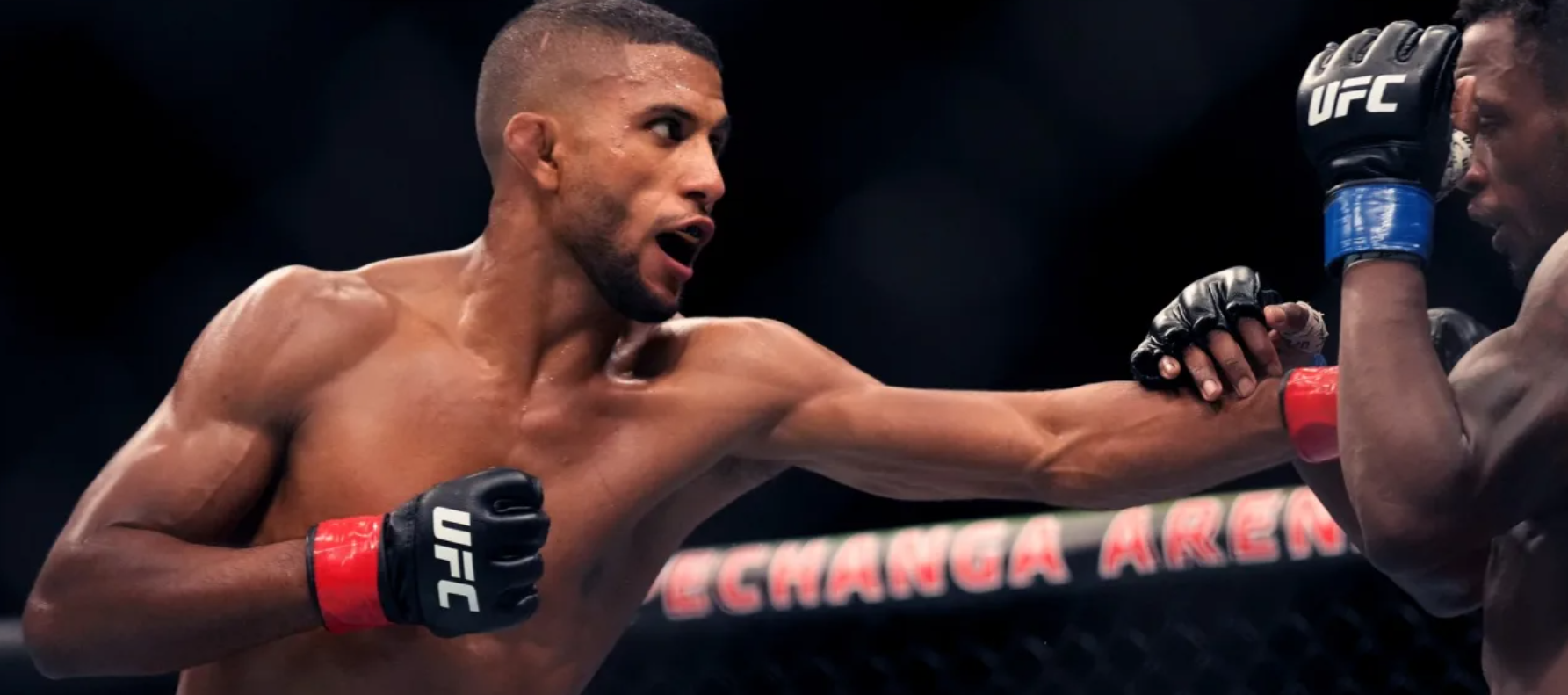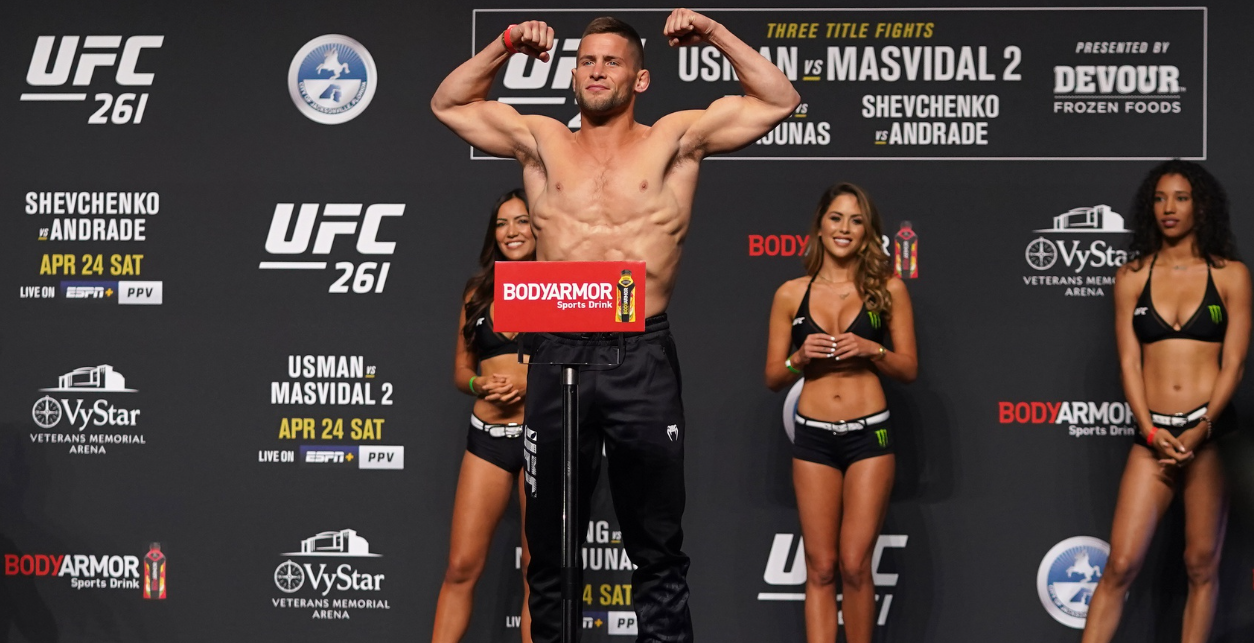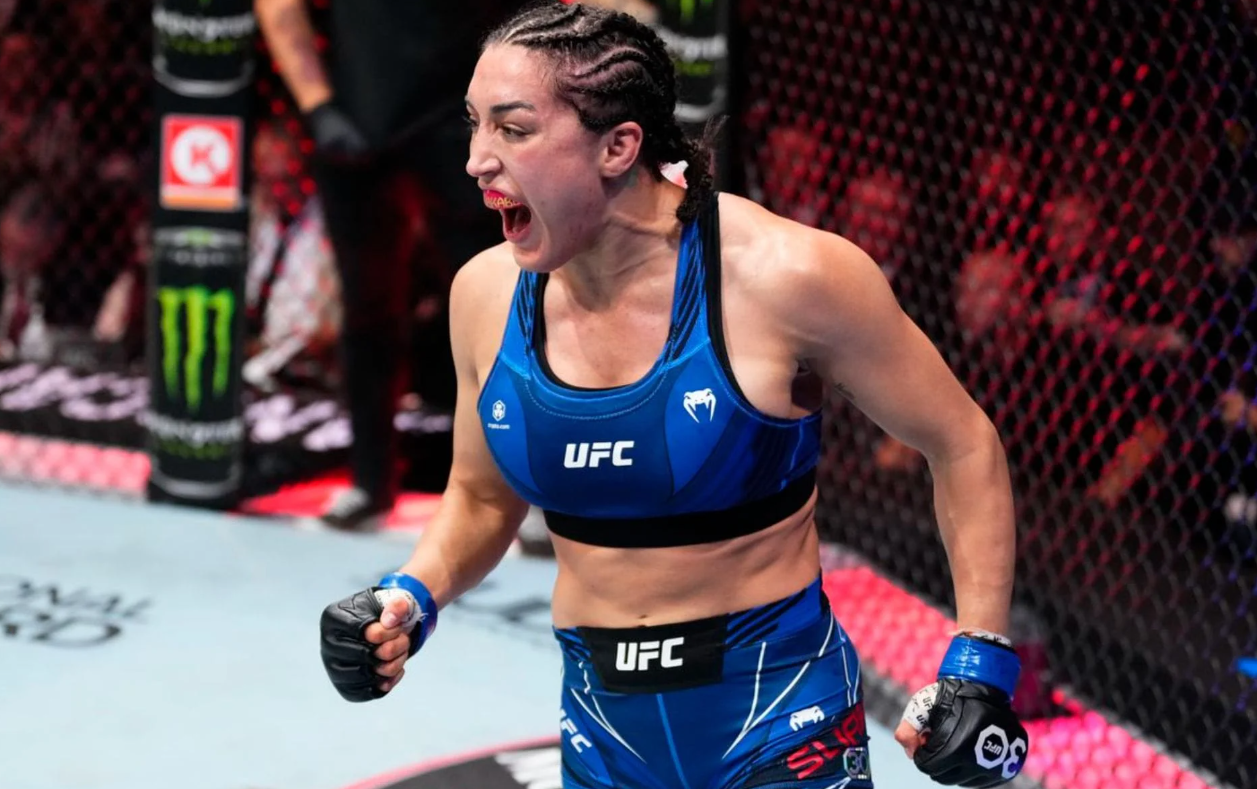MMA Predictions: Strategies, Analysis, and What It Takes to Forecast Fight Outcomes
Mixed Martial Arts (MMA) is a sport built on unpredictability, adrenaline, and the collision of fighting styles, personalities, and strategies. From the octagon of the UFC to cages and rings around the world, MMA fights captivate millions, not just for the explosive action, but for the intricate chess match beneath the violence.
MMA Predictions are more than just picking who wins or loses.
They involve evaluating fighters’ skills, conditioning, mental toughness, fight camps, weight cuts, recent performances, stylistic matchups, and even external factors like media pressure or crowd support. This complex mix makes fight forecasting both an art and a science. In this article, we’ll dive into the world of MMA predictions, looking at the key elements that influence a fight’s outcome and how expert analysts approach each event.
Why MMA Predictions Matter
Unlike many other sports, MMA doesn’t rely on teams, formations, or seasons of performance. One night can redefine a career. For fans, bettors, and analysts, making accurate MMA predictions isn’t just fun — it’s part of the experience. Here’s why predictions matter in the MMA world:
- Engagement: Forecasting fights makes watching events more interactive and exciting.
- Strategy: For those involved in fantasy MMA or sports betting, good predictions can be profitable.
- Insight: Predictions push fans to learn more about the sport, its fighters, and evolving techniques.
- Discussion: MMA thrives on conversation. Predictions fuel debates, forums, and pre-fight analysis.
But predicting a fight isn’t like guessing a coin flip. The best predictors use data, intuition, and pattern recognition — and they know what variables to watch for.

Key Factors in MMA Predictions
To make informed MMA predictions, there are several crucial factors that must be considered. Let’s break them down:
1. Fighter Skillset and Style
At the core of every prediction is the fighting style. Striker vs. grappler, southpaw vs. orthodox, submission artist vs. knockout artist — these matchups matter. Understanding how a fighter’s strengths and weaknesses align (or clash) with their opponent’s is essential.
- Striking: Who controls the distance? Do they have knockout power? What’s their striking defense like?
- Grappling: Who has better wrestling? Takedown accuracy and defense? Jiu-jitsu skill level?
- Transitions: Can a striker stay on their feet against a grappler? Can a grappler close distance safely?
Some styles neutralize others, and experienced analysts look at how those dynamics have played out historically.
2. Fight IQ and Adaptability
Raw talent can only go so far. Fighters with high fight IQ know when to adjust, when to pressure, when to conserve energy, and how to exploit weaknesses. Fighters like Georges St-Pierre or Jon Jones were masters at in-fight adjustments. In contrast, fighters who can’t adapt often crumble when Plan A fails.
Predictors evaluate whether a fighter can:
- Read their opponent’s timing and rhythm
- Stick to a game plan or change it mid-fight
- Avoid repeating past mistakes
High-level fight IQ is often what separates champions from contenders.

3. Recent Performance and Momentum
While a fighter’s overall record is important, how they’ve looked in their last few outings says more. A three-fight win streak against top-tier opponents carries more weight than a padded record against easier competition.
When analyzing form, look at:
- Who they’ve fought recently
- How those fights ended (decision, KO, submission)
- Any improvements in skill or conditioning
- Signs of wear and tear, decline, or confidence issues
Momentum can be a major psychological edge, especially when two fighters are evenly matched on paper.
4. Camp, Coaches, and Training Partners
Fighters don’t prepare alone. The team behind a fighter — coaches, sparring partners, training environment — plays a huge role in shaping their game plan and growth.
- Are they training at a reputable gym (e.g., AKA, ATT, City Kickboxing)?
- Have they changed camps recently? (This can indicate improvement or instability.)
- Who are their main training partners?
- Are they focused on this fight or juggling media, travel, or personal distractions?
Knowing a fighter’s camp history can give context to their past and future performances.
5. Weight Cutting and Physical Preparation
Weight cuts can make or break a fighter. Severe cuts often lead to diminished performance, fatigue, or even last-minute cancellations. A bad cut is a red flag for predictors.
Clues that a weight cut might be an issue include:
- Fighter’s history of missing weight
- Late-night sauna sessions during fight week
- Drained appearance at weigh-ins
- Reports of injuries or illness during camp
Physical readiness isn’t just about cardio — it’s about health, hydration, and muscle recovery. A fighter at 70% conditioning rarely performs at full potential.

6. Mental State and Confidence
Mental toughness is one of the most underrated aspects of MMA. Predictors often watch pre-fight interviews, weigh-in interactions, and press conferences for signs of confidence, fear, or distraction.
Mental cues to observe:
- Has the fighter lost recently by KO or submission? Are they hesitant?
- Are they overconfident, dismissing their opponent’s strengths?
- Do they have anything to prove? (Comebacks, new contract, revenge, etc.)
An unfocused or emotionally shaken fighter is typically at a major disadvantage.
Common Types of MMA Predictions
MMA predictions go beyond “who wins.” Here are the most common forms they take:
- Straight-up winner: Picking the victor, regardless of method.
- Method of victory: KO/TKO, submission, or decision. This adds a layer of complexity and value.
- Round prediction: Predicting the round in which the fight will end.
- Over/under rounds: Whether the fight will go past a certain point (e.g., over 2.5 rounds).
- Performance props: Number of takedowns, significant strikes landed, or knockdowns.
Each type requires different levels of analysis. For example, predicting a decision win involves understanding cardio and fight tempo, while predicting a KO might focus on reach, timing, and striking power.

Strategies Used by Expert Analysts
Top MMA analysts don’t guess — they calculate. Here’s what sets them apart:
- Tape study: Watching past fights to observe habits, technique, and body language.
- Statistical models: Using data such as takedown accuracy, striking differential, or average fight time.
- Pattern recognition: Identifying tendencies (e.g., slow starts, third-round fades).
- Historical matchups: Looking at how similar styles have played out before.
- Injury tracking: Subtle clues (like lower output or movement restrictions) can point to lingering injuries.
Experts often combine hard data with intuition based on years of watching fights. The more experience you gain, the sharper your instincts will become.
Challenges in MMA Predictions
Despite the tools and strategies available, predicting MMA is incredibly tough. Here’s why:
- Small gloves, high risk: One punch can end a fight, no matter who’s ahead.
- Referee and judging variability: Controversial decisions can ruin great picks.
- Injuries in training: Fighters often go into fights less than 100%, but that info isn’t always public.
- Last-minute replacements: Short-notice fights completely change the dynamic and strategy.
- Unpredictable fight plans: Some fighters change their approach entirely from one fight to the next.
The chaotic nature of MMA is part of its charm — but it also humbles even the best predictors.

Tips to Improve Your MMA Predictions
Want to sharpen your fight-picking skills? Keep these tips in mind:
- Watch full fights, not just highlights. You’ll see cardio issues, grappling exchanges, and strategy changes.
- Know the divisions. Heavyweights fight differently than flyweights. Understand the rhythm of each weight class.
- Stay updated. Follow MMA news, injuries, camp changes, and weigh-in results.
- Trust trends, but question hype. Popular fighters often get overestimated. Let facts lead, not popularity.
- Keep records of your picks. Learn from what you got right — and wrong.
Final Thoughts
MMA predictions offer an exciting, cerebral layer to one of the world’s most thrilling sports. While upsets and shock knockouts will always keep us guessing, a well-researched prediction adds depth to the viewing experience. With the right mix of analysis, attention to detail, and instinct, anyone can start to predict MMA outcomes more accurately.





